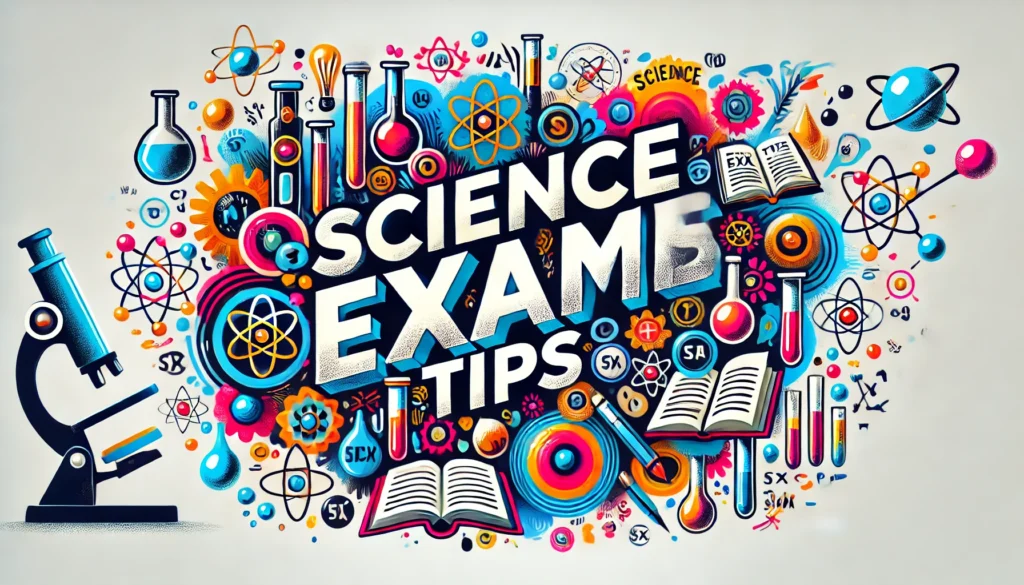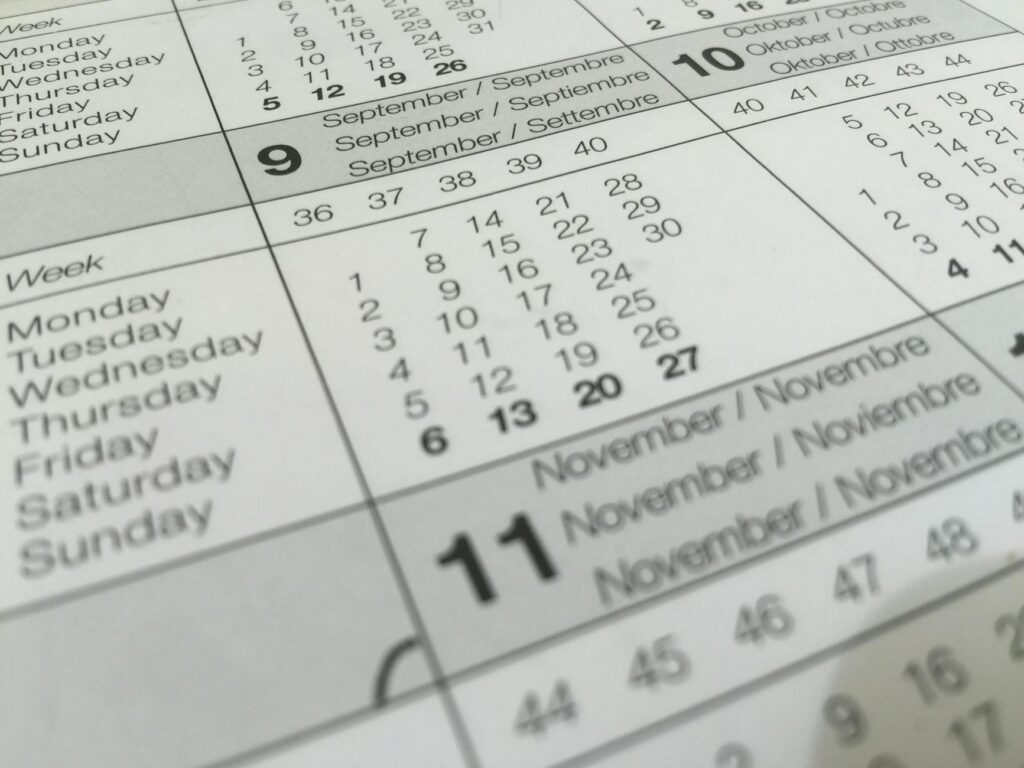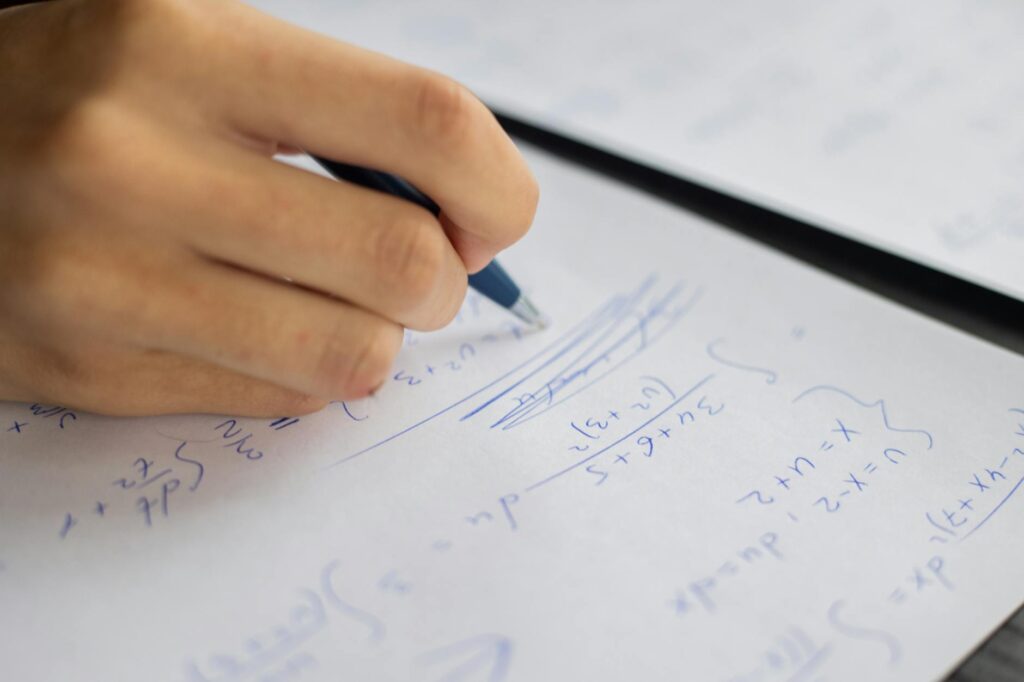Singapore Primary School Science nurtures curiosity and a scientific mindset. The Science test papers available cover essential topics in life sciences, physical sciences, and earth sciences. These papers are structured to help students understand scientific concepts, develop critical thinking skills, and apply their knowledge to real-world scenarios, aligning with the inquiry-based learning approach adopted in Singapore.
Primary 3 (P3) Science Exam & Test Papers (all schools)
- Exam Year 2023
- Exam Year 2022
- Exam Year 2021
- Exam Year 2020
Primary 4 (P4) Science Exam & Test Papers (all schools)
- Exam Year 2023
- Exam Year 2022
- Exam Year 2021
- Exam Year 2020
Primary 5 (P5) Science Exam & Test Papers (all schools)
- Exam Year 2023
- Exam Year 2022
- Exam Year 2021
- Exam Year 2020
Primary 6 (P6) Science Exam & Test Papers (all schools)
- Exam Year 2023
- Exam Year 2022
- Exam Year 2021
- Exam Year 2020
Primary School Science Curriculum in Singapore

Lower Primary (Primary 1-3)
The Lower Primary Science curriculum in Singapore is designed to introduce young learners to basic scientific concepts and foster their natural curiosity about the world. The emphasis is on hands-on activities and simple experiments that make learning interactive and enjoyable.
Introduction to Basic Scientific Concepts:
- The Human Body: Students learn about the major parts of the human body and their functions. Topics include the five senses, basic hygiene practices, and the importance of a healthy lifestyle.
- Plants and Animals: Students explore the characteristics of plants and animals. They learn about the different parts of plants, the life cycle of a plant, and the basic needs of animals for survival.
- The Environment: Introduction to environmental awareness is a key component. Students learn about different habitats, the importance of conserving natural resources, and the basics of weather and climate.
Inquiry Skills and Scientific Thinking:
- Observation: Emphasis is placed on developing observational skills. Students learn to use their senses to make detailed observations about the world around them.
- Simple Experiments: Hands-on activities and simple experiments are designed to introduce students to the scientific method. They learn to ask questions, make predictions, conduct experiments, and draw conclusions.
Hands-On Activities:
- Exploring Materials: Students engage with various materials to understand their properties. Activities include sorting objects based on characteristics such as size, shape, texture, and color.
- Gardening Projects: Planting seeds and observing their growth helps students understand plant life cycles and the conditions necessary for plant growth.
Upper Primary (Primary 4-6)
In Upper Primary, the Science curriculum builds on the foundation laid in the earlier years, delving deeper into scientific concepts and encouraging students to develop critical thinking and investigative skills.
In-Depth Scientific Concepts:
- Properties of Matter: Students explore the states of matter—solid, liquid, and gas—and learn about the properties and changes in matter, including melting, freezing, and evaporation.
- Energy: Different forms of energy, such as light, heat, and sound, are introduced. Students learn about the sources of energy, energy transfer, and the importance of energy conservation.
- Forces and Motion: Basic principles of forces and motion are covered. Students conduct experiments to understand concepts such as gravity, friction, and magnetism.
- The Solar System: An exploration of the solar system includes learning about the planets, the sun, the moon, and their interactions. Students are introduced to concepts like day and night, seasons, and the phases of the moon.
- Ecosystems: Students study different ecosystems and the relationships between organisms within them. Topics include food chains, food webs, and the impact of human activities on ecosystems.
Developing Inquiry and Investigative Skills:
- Scientific Investigations: Students engage in more complex scientific investigations, using the scientific method to formulate hypotheses, conduct experiments, analyze data, and present their findings.
- Critical Thinking: Emphasis is placed on developing critical thinking skills. Students learn to question assumptions, evaluate evidence, and solve problems systematically.
Experiments and Observations:
- Laboratory Work: Students conduct experiments in a more structured laboratory setting. They learn to use scientific tools and equipment, follow safety procedures, and accurately record their observations.
- Field Trips and Outdoor Activities: Field trips to places such as botanical gardens, science centers, and natural reserves provide practical learning experiences. Students observe scientific concepts in real-world settings.
Project Work:
- Collaborative Projects: Group projects encourage teamwork and collaboration. Students work together to investigate scientific questions, design experiments, and present their results.
- Individual Research: Students undertake individual research projects on topics of interest. This helps develop their ability to conduct independent research, gather information from various sources, and communicate their findings effectively.
By the end of Primary 6, students are expected to have a thorough understanding of key scientific concepts and the skills to conduct scientific investigations. The primary school science curriculum in Singapore aims to nurture curiosity, foster a love for science, and prepare students for more advanced scientific studies. Through a blend of theoretical learning and practical experiences, students are equipped with the knowledge and skills to explore and understand the natural world.


